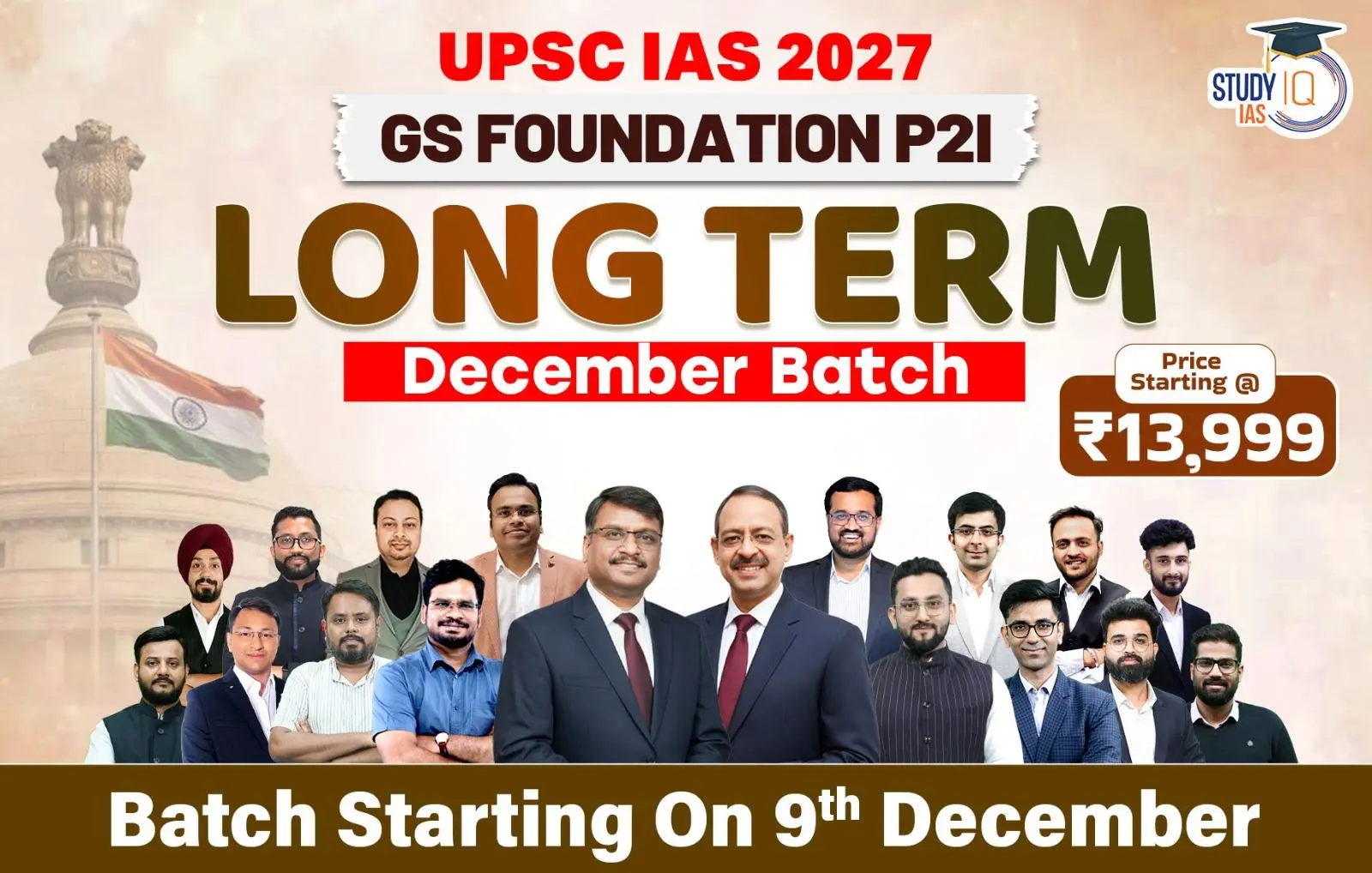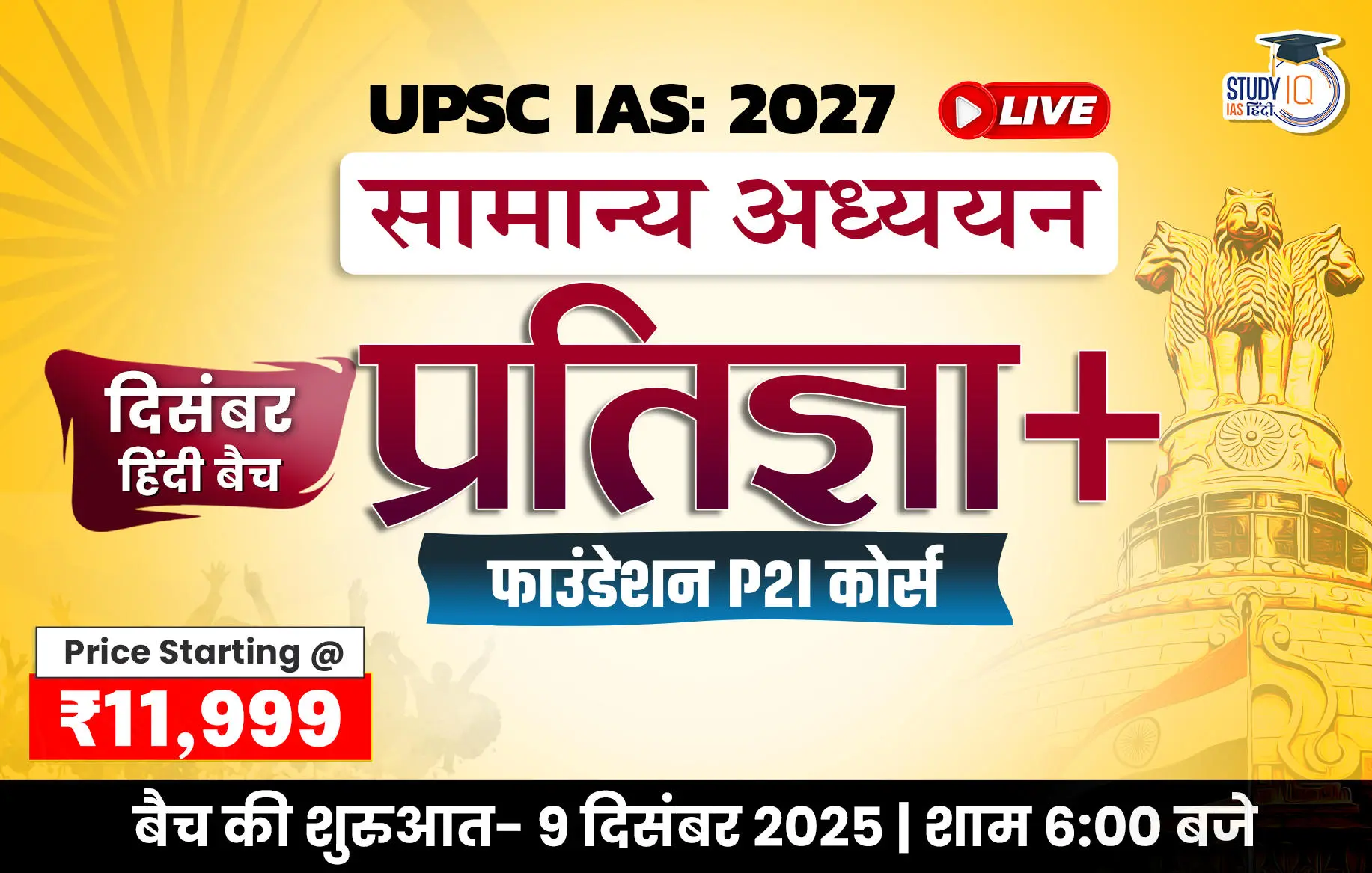Table of Contents
Context: After over three years of negotiations, WHO member states have agreed on a draft of a legally binding treaty aimed at improving global preparedness and response to future pandemics.
What is a Global Pandemic Treaty?
An international Global Pandemic Treaty to strengthen global readiness for pandemics, prevent their occurrence, and minimise their impact. There are some contentious Issues in the Pandemic Agreement:
Article 12: Establishment of Pathogen Access and Benefit Sharing (PABS)
- Objective: Address inequities in access to treatments and vaccines observed during COVID-19.
- Proposal: Ensure that benefits accrue to developing countries providing pathogen samples by having manufacturers donate a portion of vaccines and diagnostics to WHO for global distribution.
- Disagreement: Low- and middle-income countries (LMICs) are pushing for a guarantee of at least 20% of shared pandemic products, while many high-income countries argue that 20% should be the maximum limit, and some rich countries will not even agree to 20%.
Technology Transfer and Intellectual Property
- Article 10: Sustainable Production
- It encourages equitable production of pandemic-related products to ensure availability across different regions.
- Article 11: Transfer of Technology and Know-How
- It seeks to facilitate the exchange of knowledge and expertise related to pandemic prevention, preparedness, and response. By promoting the transfer of technology and know-how, the agreement aims to enhance self-sufficiency and equitable access to critical tools during health crises.
Key Issues
- Technology Transfer Conditions: The main issue concerns the methods to facilitate sustainable and widely distributed production.
- This involves sharing product information and using WTO TRIPS flexibilities like compulsory licensing.
- Consensus on ‘Know-How’: There is no agreement on how to transfer essential technical knowledge and whether these transfers should be legally binding.
- High-Income Countries’ Position: Wealthier nations favour Voluntary and Mutually Agreed Terms (VMAT) for technology transfer.
- Impact of VMAT on LMICs: The preference for VMAT might prevent Low- and Middle-Income Countries (LMICs) from enforcing mandatory measures allowed under the TRIPS Agreement.
- Disagreement on the ‘Peace Clause’: There is a conflict over a clause that requires countries to respect the use of TRIPS flexibilities without pressuring others not to use these legal provisions.
One Health Approach
- Proposal: Integrate human, animal, and environmental health measures.
- Support: Strongly supported by high-income countries, especially the EU.
- Concern: Seen by LMICs as an unfunded mandate imposing further burdens.
What were the Developments?
Amendments to International Health Regulations (IHR) 2005
- Objective: Enhance global pandemic preparedness and response.
- Key Amendments:
- Introduce a new category for urgent response: Pandemic Emergency (PE).
- Ensure equitable access to health products during emergencies.
- Mobilise financial resources to aid developing countries in maintaining essential health capacities.
- Establish a National IHR Authority in each member state for better coordination.
- The amendments emphasise these aspects, seeking to rectify inequities highlighted by the COVID-19 pandemic.
Extension of Pandemic Treaty Negotiating Body’s Mandate
The intergovernmental negotiating body (INB) is tasked with finalising the WHO Pandemic Agreement by the 78th WHA in May 2025 or earlier.
Key Provisions of the Draft Global Pandemic Treaty
Pathogen Access & Benefit-Sharing System (PABS)
- It is designed to enable timely and fair access to data and products during a pandemic.
- Pharma companies get access to pathogen samples and genomic data.
- In return:
- They must reserve 10% of vaccines/diagnostics/therapeutics for WHO allocation.
- Another 10% to be sold at affordable prices.
Technology and Knowledge Sharing
- Member states should facilitate or incentivise technology transfer.
- Empowering developing countries to manufacture their own drugs and vaccines.
Government Intervention Allowed
- Governments will be empowered to intervene in markets during pandemics to ensure access, especially for drugs developed with public funding.
|
Fact |
|
Limitations
- No Power to Enforce: WHO cannot override national laws or policies.
- It cannot: Mandate travel bans, Order lockdowns etc.
- Unclear Implementation: No clear framework yet on how the PABS (pathogen access and benefit sharing) system will work.
- No U.S. Participation: The United States has withdrawn from the treaty process

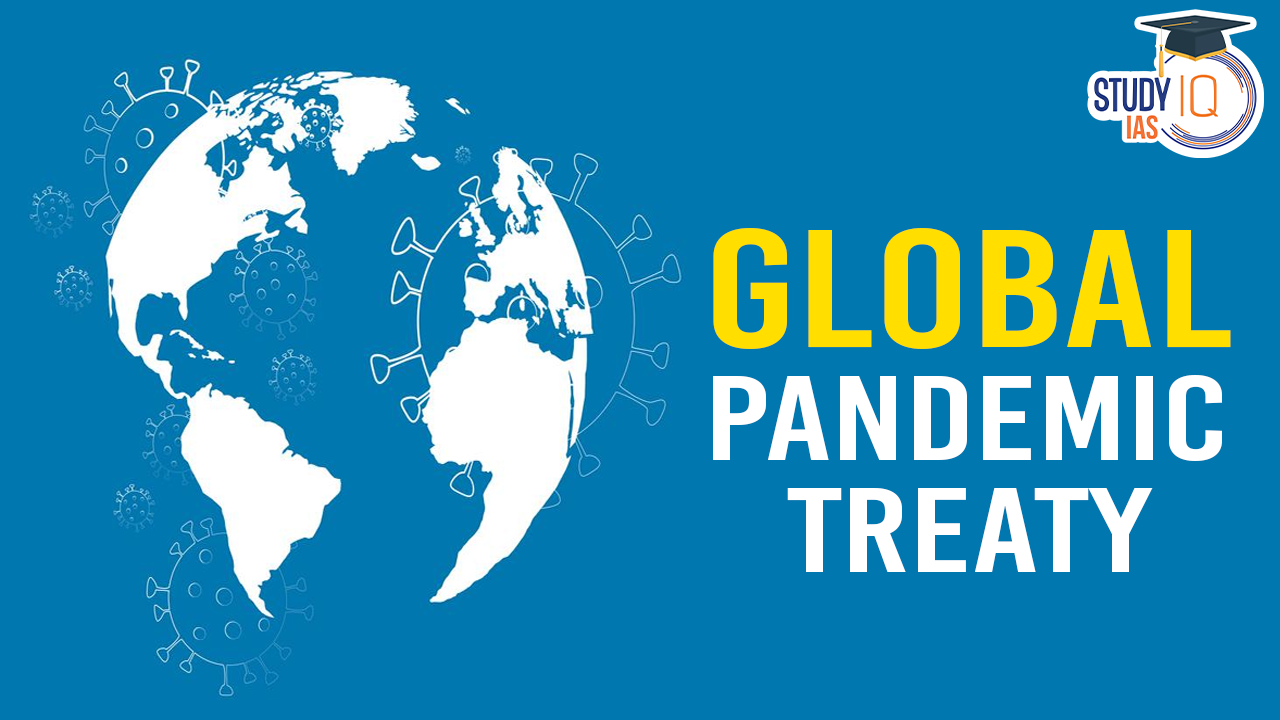
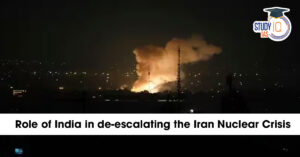 Iran Nuclear Crisis and India’s Role f...
Iran Nuclear Crisis and India’s Role f...
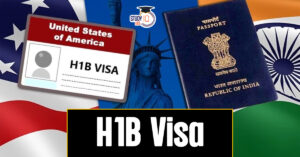 H1B Visa Program, Beneficiaries, Eligibi...
H1B Visa Program, Beneficiaries, Eligibi...
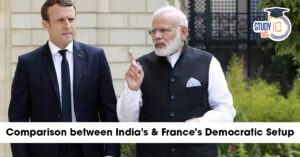 Comparison Between India & France's ...
Comparison Between India & France's ...

